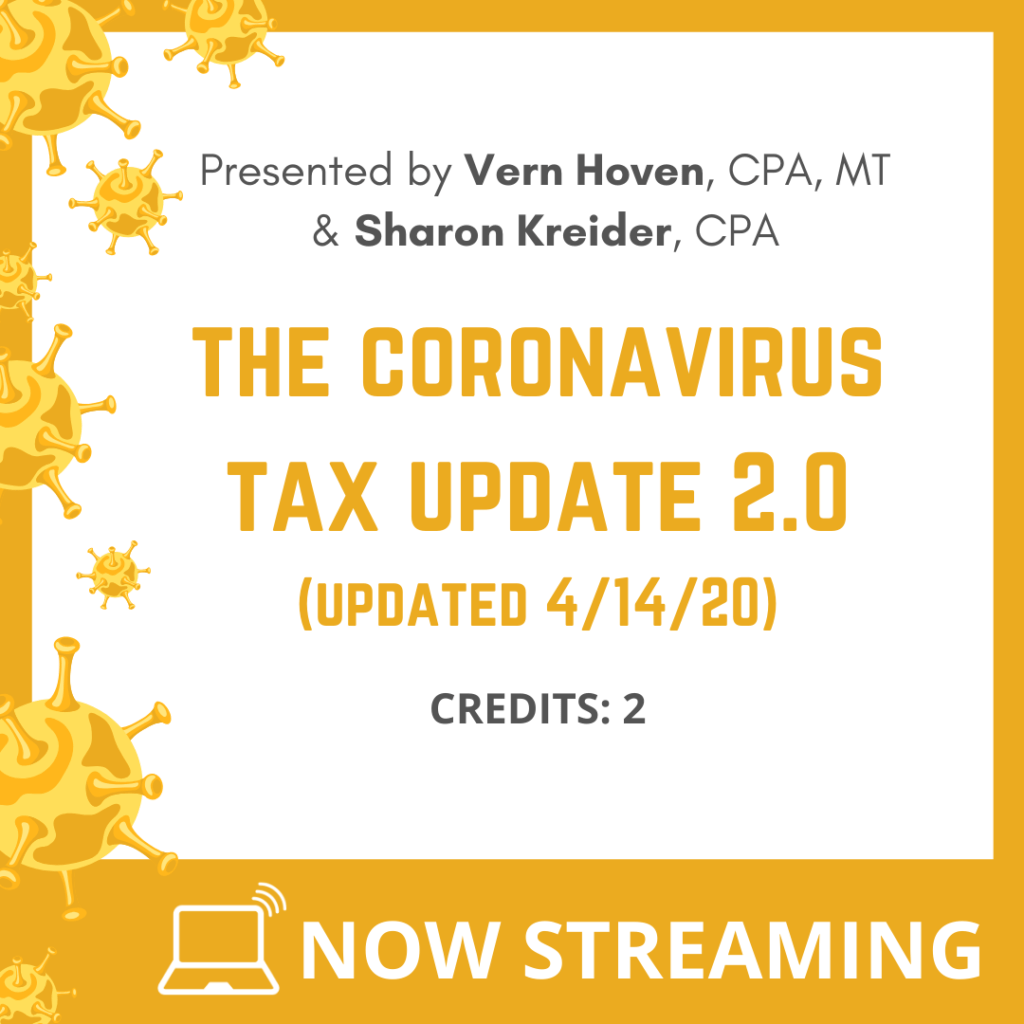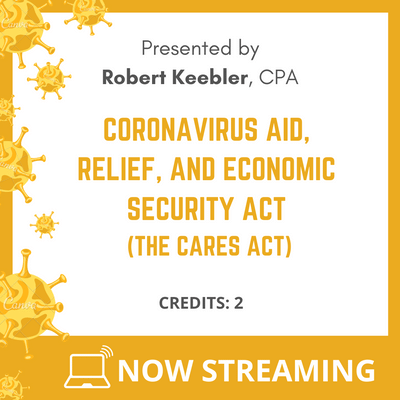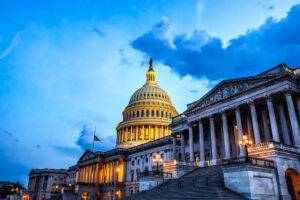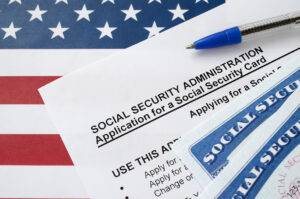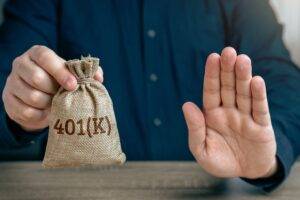
As we struggled through the Paycheck Protection Program (PPP) loan applications this last month, something didn’t make sense in the way that the loan forgiveness worked. The recurring question we came up with was “How are expenses treated if they are paid with tax-free money?”
We asked and the IRS answered.
In Notice 2020-32, the IRS says that no deduction is allowed for an expense that is otherwise deductible if the payment of the expense results in forgiveness of a PPP loan.
A recipient of a PPP loan can receive forgiveness of indebtedness on the loan in an amount equal to the sum of payments made for the following expenses during the 8-week period beginning on the loan’s origination date: (1) payroll costs, (2) any payment of interest on a covered mortgage obligation, (3) any payment on a covered rent obligation, and (4) any covered utility payment (CARES §1106(b)).
CARES specifically states that the forgiveness of the PPP loan is not includible as COD income or otherwise includible under §61. But, the IRS points out in its notice that CARES did not address whether deductions for payments of eligible expenses by a recipient of a PPP loan are allowed if the PPP loan is subsequently forgiven as a result of the payment of those expenses. Citing §265(a)(1) and §1.265-1, the IRS states in Notice 2020-32 that “no deduction is allowed to a taxpayer for any amount otherwise allowable as a deduction to such taxpayer that is allocable to one or more classes of income other than interest wholly exempt from the taxes imposed by subtitle A of the Code.”
Does this make sense? If Congress meant the forgiveness to be tax-free (not includible in income), doesn’t it appear that expenses paid with forgiven money should remain deductible? It’s debits and credits — credit income or credit expenses. Isn’t that the same net?
Forgiveness taxable | Expenses not deductible | |
Forgiveness taxable | $100,000 | -0- |
Covered payroll, rent, utilities | ($100,000) | $100,000 |
Less forgiveness not taxed | -0- | ($100,000) |
Net taxable | -0- | -0- |
Questions? What about QBI? Do the wages reimbursed by the PPP loan still count toward the W-2 limitations in QBI? Does the Sch. C or Sch. F taxpayer have to reduce “something” by the forgiven amount related to his or her SE income? More to come…
Recent Stories
Next Up...
- |
- TaxByte
- |
- TaxByte


